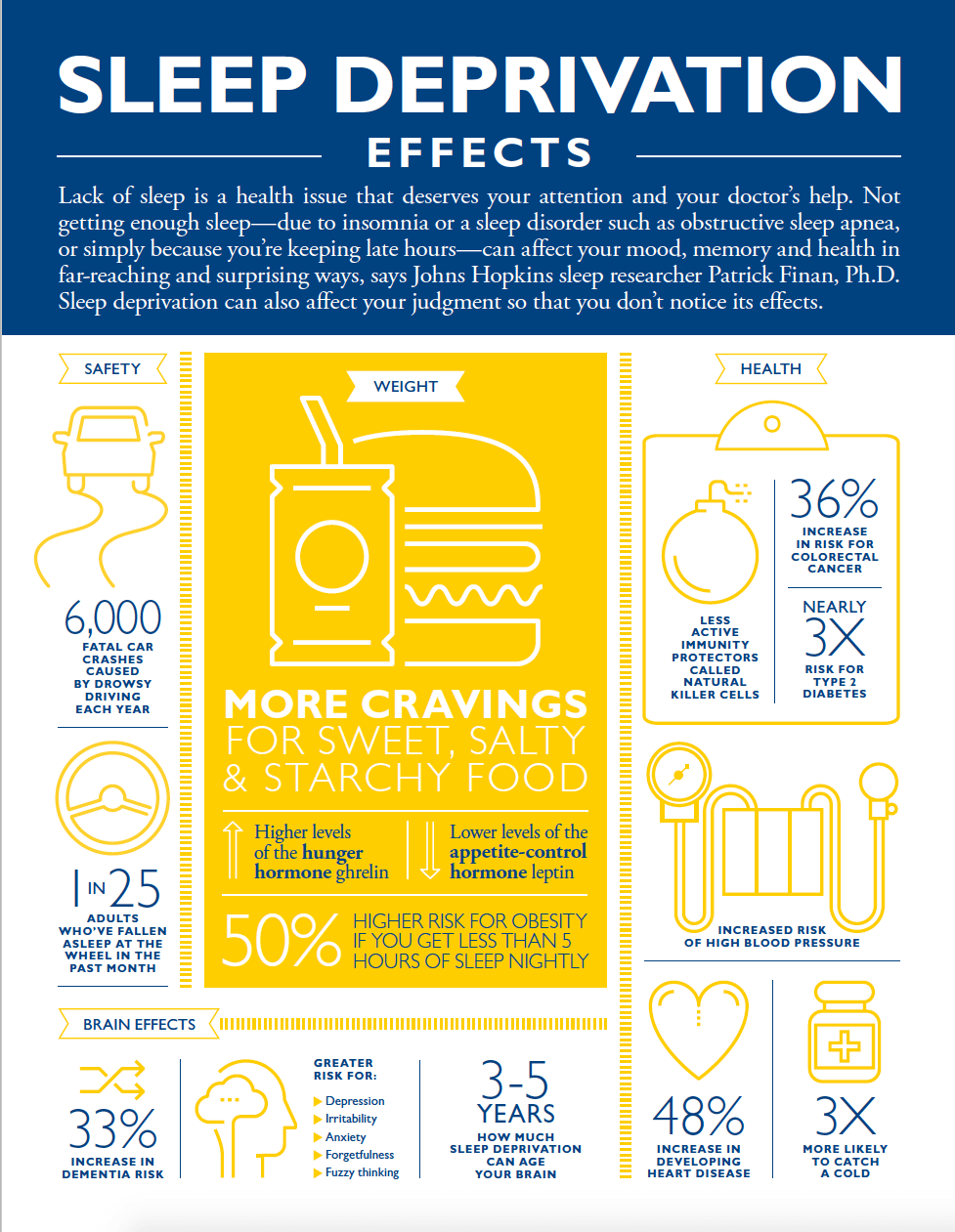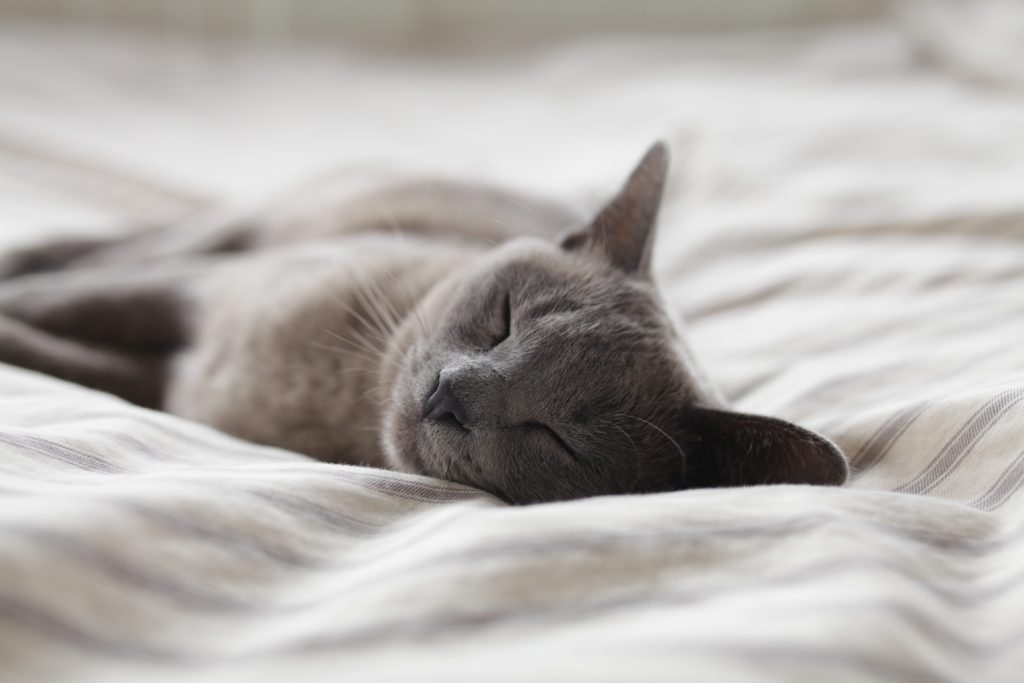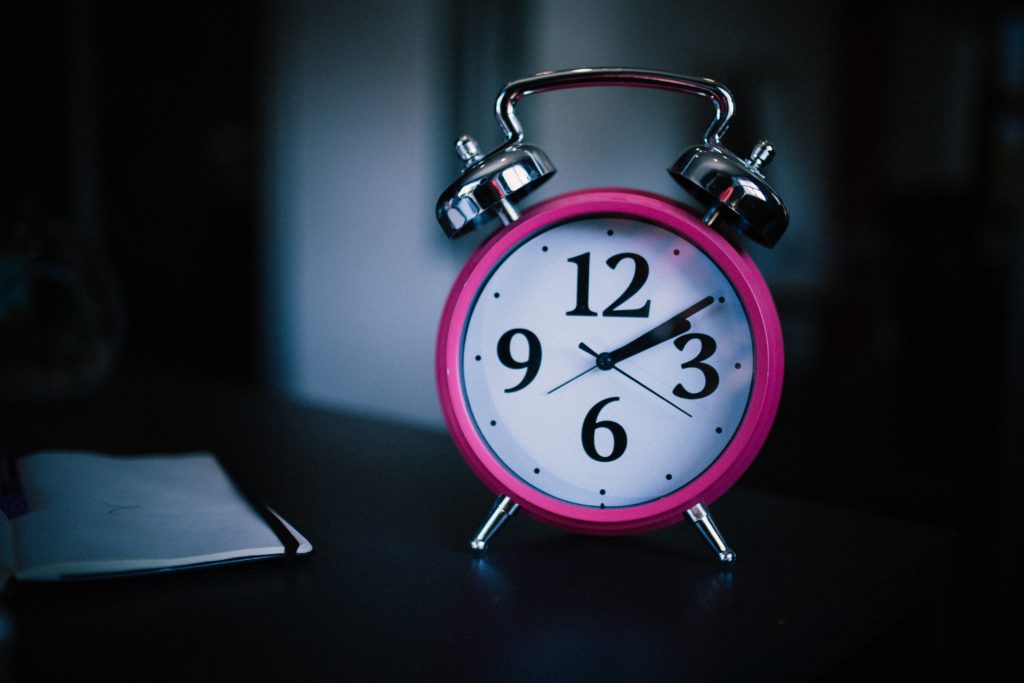We have all done it—the infamous all-nighter. Staying up for a full 24 hours, maybe to get that essay in on time or finish the assigned reading. College work is time-consuming, so it’s no surprise that 20% of college students pull an all-nighter at least once a month, with only about 30% of college-level students reporting getting more than a recommended eight hours of sleep according to Medical News Today. So if we are all losing sleep, what can be done to fix it?
A study from the University of Georgia recommends that college students receive six to ten hours of sleep. Their study also found that most students were barely reaching the minimum amount of sleep by getting and average of six to six and a half hours of sleep per night.
We have all woken up on the wrong side of the bed, but sleep loss makes you more than cranky and in need of an extra shot of espresso. Lack of a full nights rest can lead to:

- More illness, such as colds and flu, due to a lowered immune system.
- Feeling more stressed out and loss of control.
- Increase in weight gain.
- Decreased academic performance, due to lack of concentration.
- Increased automobile accidents due to fatigue caused by “drowsy driving.”
- Decreased performance in athletics and other activities that require coordination.
A study from John Hopkins Medicine found that an extreme lack of sleep can lead the brain to age by three to five years. It doesn’t mean you’ll be getting wiser, but when you approach an older age your brain will be more vulnerable to memory loss.
“When we sleep well, we wake up feeling refreshed and alert for our daily activities. Sleep affects how we look, feel and perform on a daily basis, and can have a major impact on our overall quality of life,” reports the National Sleep Foundation (NSF). “To get the most out of our sleep, both quantity and quality are important. … [A] night of uninterrupted sleep leaves bodies and minds rejuvenated for the next day. If sleep is cut short, the body doesn’t have time to complete all of the phases needed for muscle repair, memory consolidation and release of hormones regulating growth and appetite. Then we wake up less prepared to concentrate, make decisions, or engage fully in school and social activities.”
In response to why people should get more sleep, Charles Czeisler, MD, Ph.D., the chairman of the board of the National Sleep Foundation and chief of sleep medicine at Brigham and Women’s Hospital writes, “The one-third of our lives that we spend sleeping, far from being ‘unproductive,’ plays a direct role in how full, energetic and successful the other two-thirds of our lives can be.”
To achieve more sleep, the NSF recommends:
- Sticking to a sleep schedule, even on weekends.
- Practicing a relaxing bedtime ritual such as meditation.
- Exercising daily. It will help you fall asleep faster.
- Evaluate your bedroom to ensure the ideal temperature, sound, and light for you to get comfy.
- Sleep on a comfortable mattress and pillows.
- Beware of hidden sleep stealers, like alcohol and caffeine.
- Turn off electronics before bed.
For guidance to a good night’s rest, there are free sleep apps and meditation apps on both Apple and Android app stores, which can help users fall asleep by telling them a bedtime story or playing white noise. All things considered, it’s not necessarily life-or-death if you miss a night of sleep, but you should try to get a full night of sleep to ensure that your body and mind are in sync leading up to midterms.


